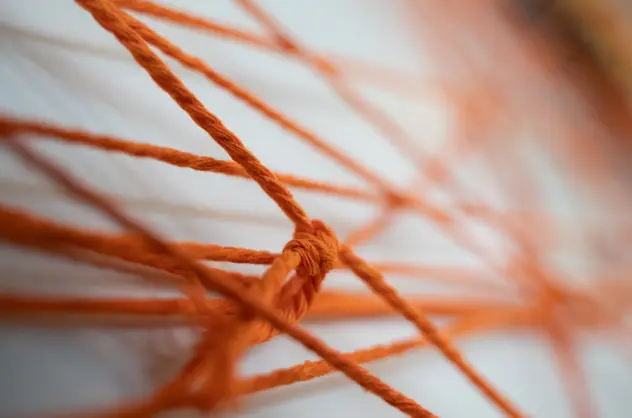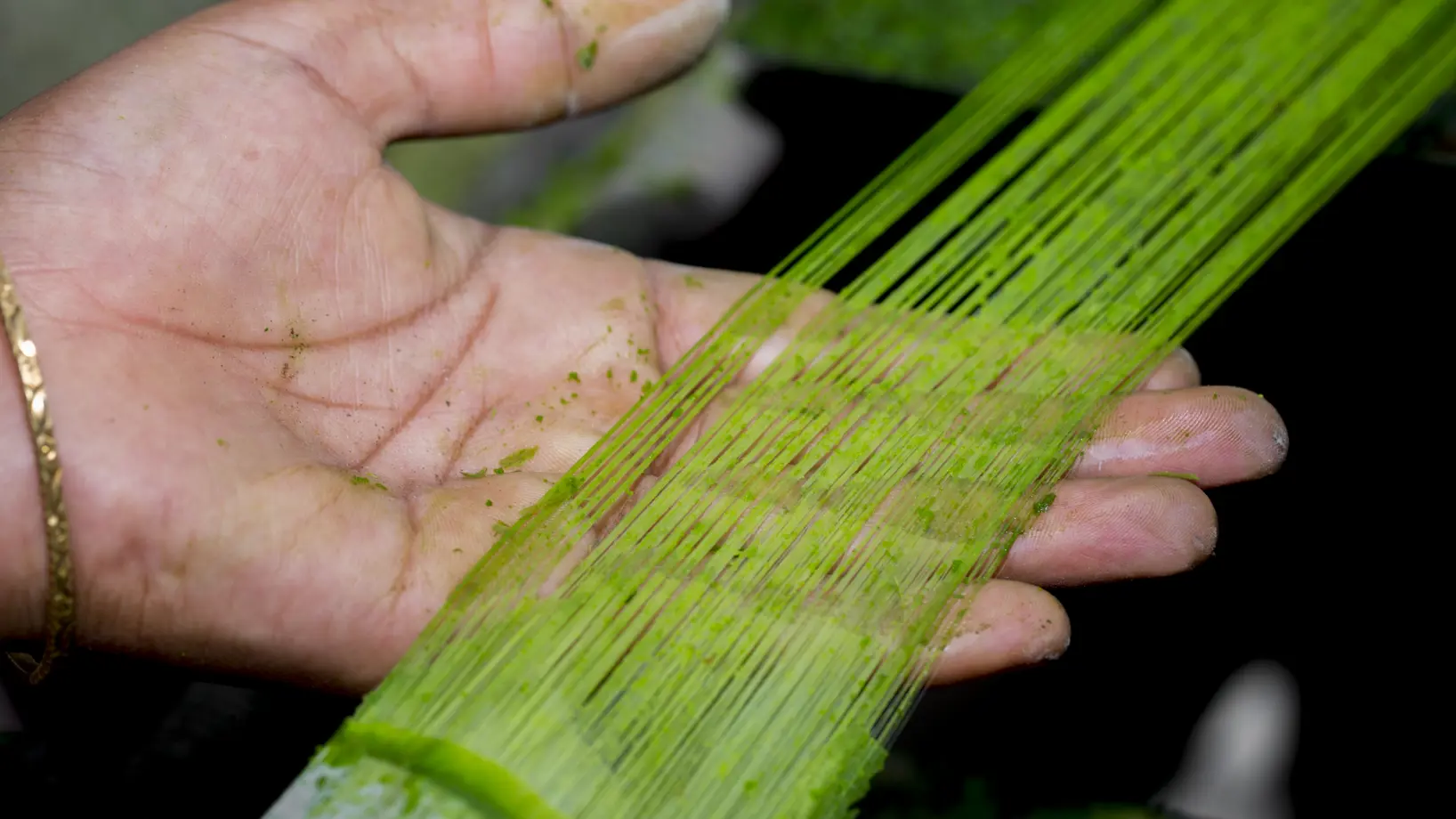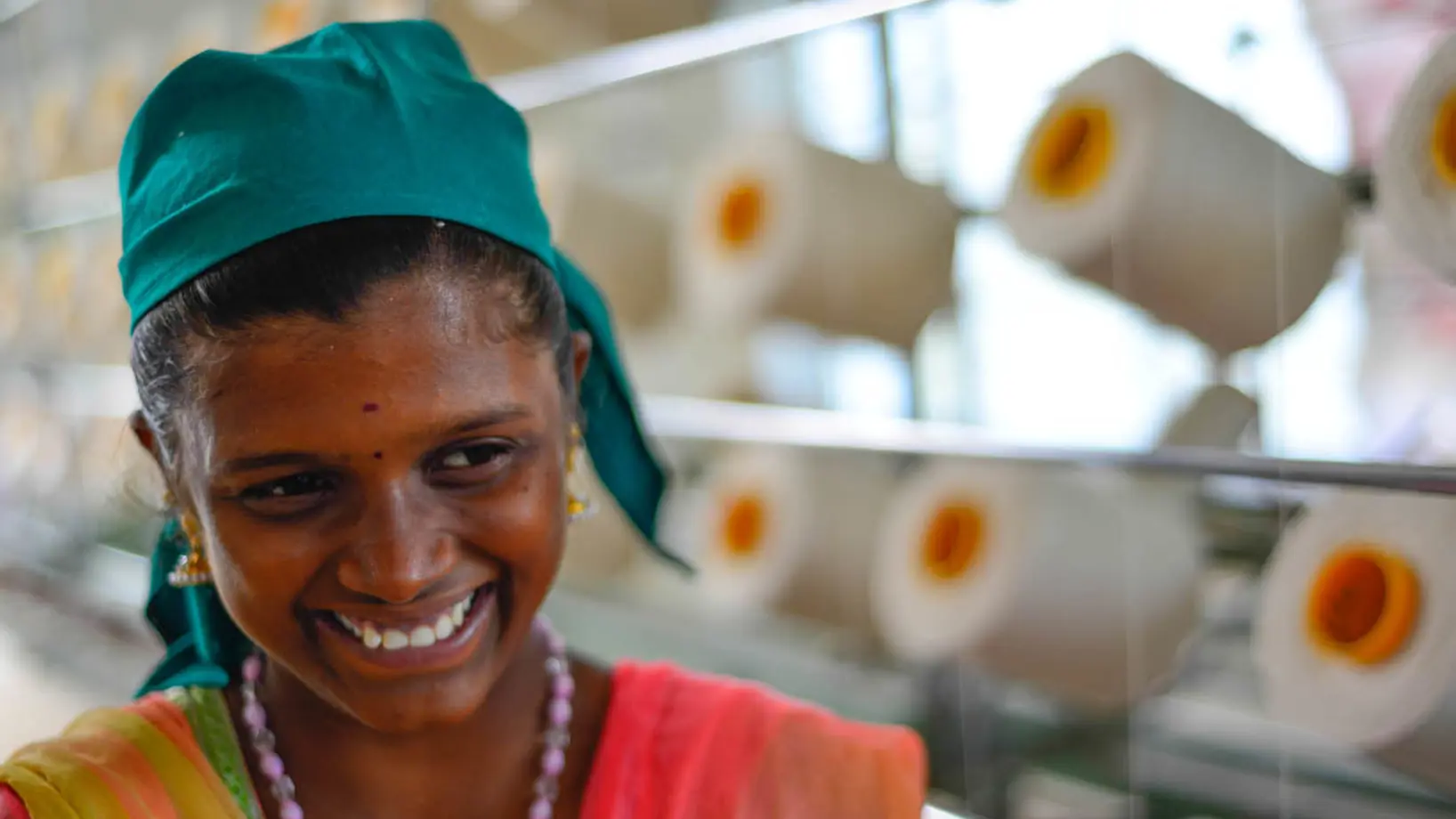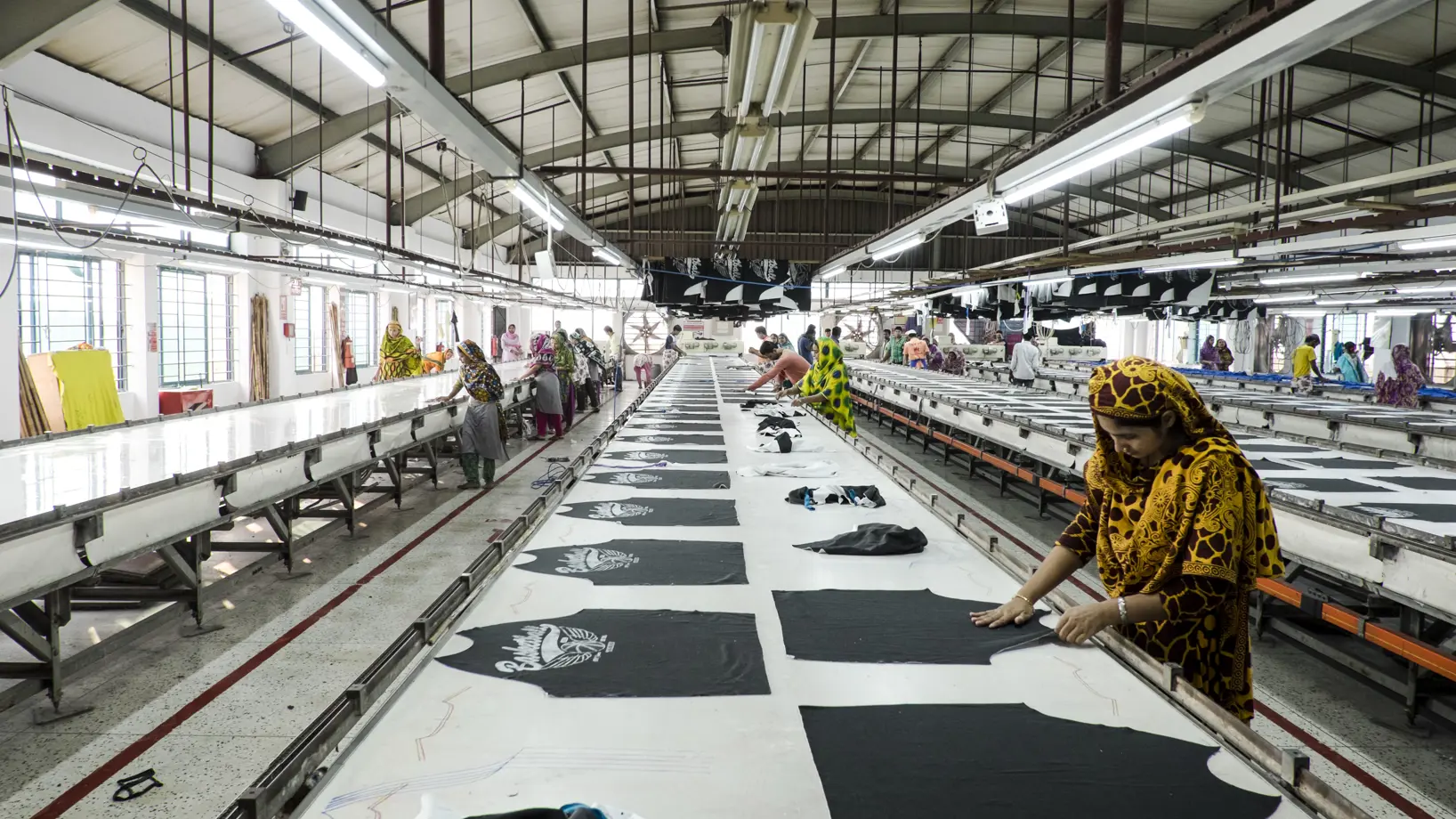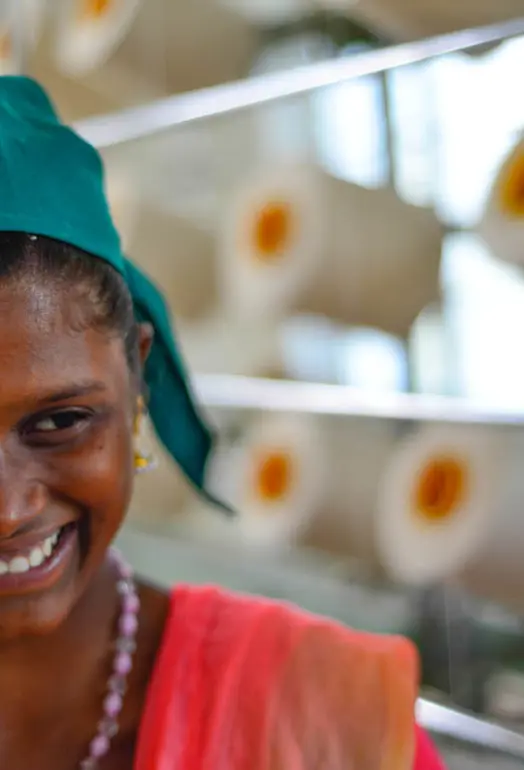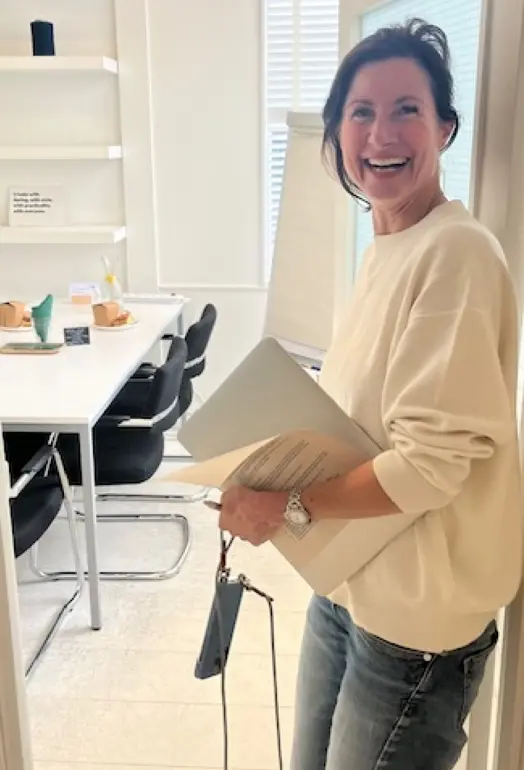Fashion
Spurring a green, fair and inclusive transition in fashion.
OPPORTUNITY
The fashion industry serves as a key driver of the global economy, offering employment and income to millions. Yet, its complex supply chain, combined with extractive sourcing practices, energy and chemically intensive processing, and its linear ‘take-make-waste’ model, positions it as a significant driver of climate change, nature loss and inequality.
A green, fair and inclusive transition in fashion requires collective action and a systems approach. It includes harnessing the power of markets to spur demand for next generation materials and scale circularity, while catalysing investment into innovative solutions. Further, with clear rules and incentives for business leadership, the fashion industry can ensure a more positive impact on climate, nature and people.
-
60%of materials are oil based
-
85%of fashion waste ends in landfill
-
60 Millionworkers are employed in garment manufacturing
Intervention
Our commitment to a green, fair and inclusive transition in fashion focuses on decarbonising the industry and advocating for systemic changes that respect the inclusion and agency of workers, producers, and communities. We work towards that commitment by focusing on two interventions.
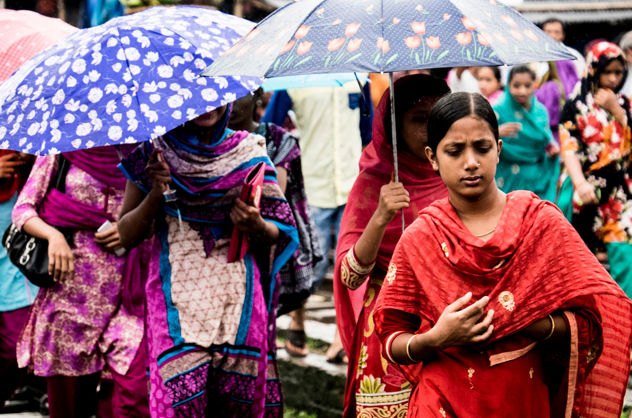
Enable the implementation of fashion's transition roadmaps and legislation for an inclusive, climate and nature positive industry.
Our work supports a range of stakeholders including policymakers, frontrunner businesses, NGOs, innovators, and others towards the fashion industry's decarbonisation with the voices of those most impacted at the table and informing the transition.
Support a circular material mix in fashion, including moving away from oil-based sources and scaling sustainable natural fibres.
We support initiatives that scale the production and sourcing of sustainable natural fibres, next-generation, and circular materials, moving towards a fashion industry that respects people, climate and nature. We also support the broader ecosystem – investors, policymakers, brands and manufacturers – to collaborate, drive innovation, and invest in a transformation of the industry’s material mix.
Where we focus
Across our interventions, we concentrate our efforts where we believe they can have the greatest impact.
-
Leadership action: driving business leadership to action a credible and inclusive transition in fashion.
-
Materials innovation: mainstreaming landscape approaches, next-generation and circular materials by unlocking finance for scale, and driving uptake by convening and aligning industry.
-
Waste reduction: supporting the industry in effectively tackling the generation and disposal of fashion waste.
-
Policy implementation: enabling the successful implementation of EU policies across the global fashion supply chain.
Out of scope
To ensure our efforts are focused and connected, certain areas fall outside the scope of work:
- Infrastructure investment: direct investment into infrastructure projects such as the construction of factories or mills.
- Single-issue certification: certification of materials without a holistic approach.
- Academic research: research without a planned industry action agenda.
- Bespoke innovations: new and unproven innovation that are not likely to gain scale.
INDUSTRY TRANSFORMATION INITIATIVE
Fashion for Good
Founded by Laudes Foundation, Fashion for Good unites the entire fashion ecosystem to collaborate and drive change towards a regenerative industry.
At its core, Fashion for Good enables disruptive innovators on their journey to scale, working directly with brands, retailers, suppliers, innovators, and funders to bring the most powerful innovations to market and catalyse system change with solutions that are better for climate, people and nature.
Fashion for Good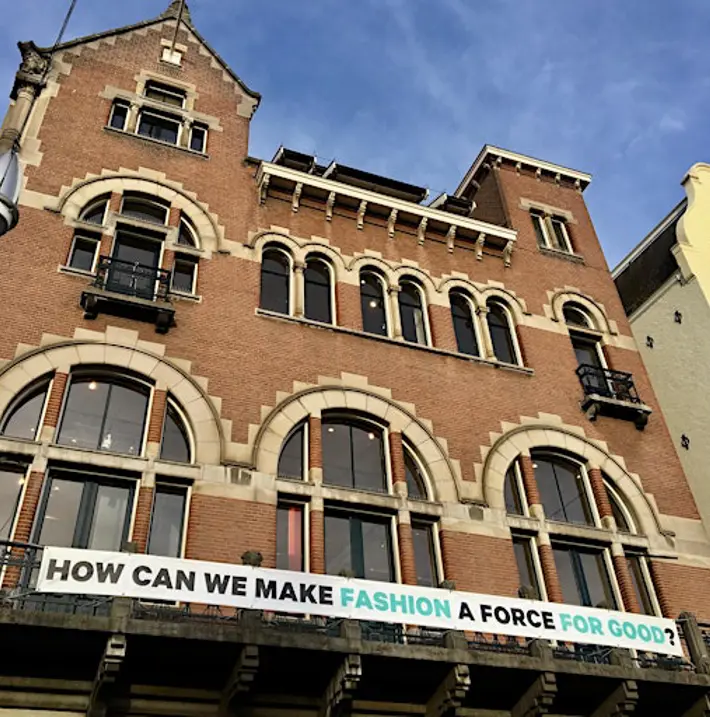
What we fund
Explore the initiatives we fund.
Grants DatabaseEligibility criteria
Our grants fund partners to work collaboratively on brave initiatives that can contribute to systemic industry change.
Becoming a partnerBEYOND GRANTMAKING
Strong and diverse partners, focused on learning and improvement, drive greater impact.
HOW WE SUPPORT PARTNERS